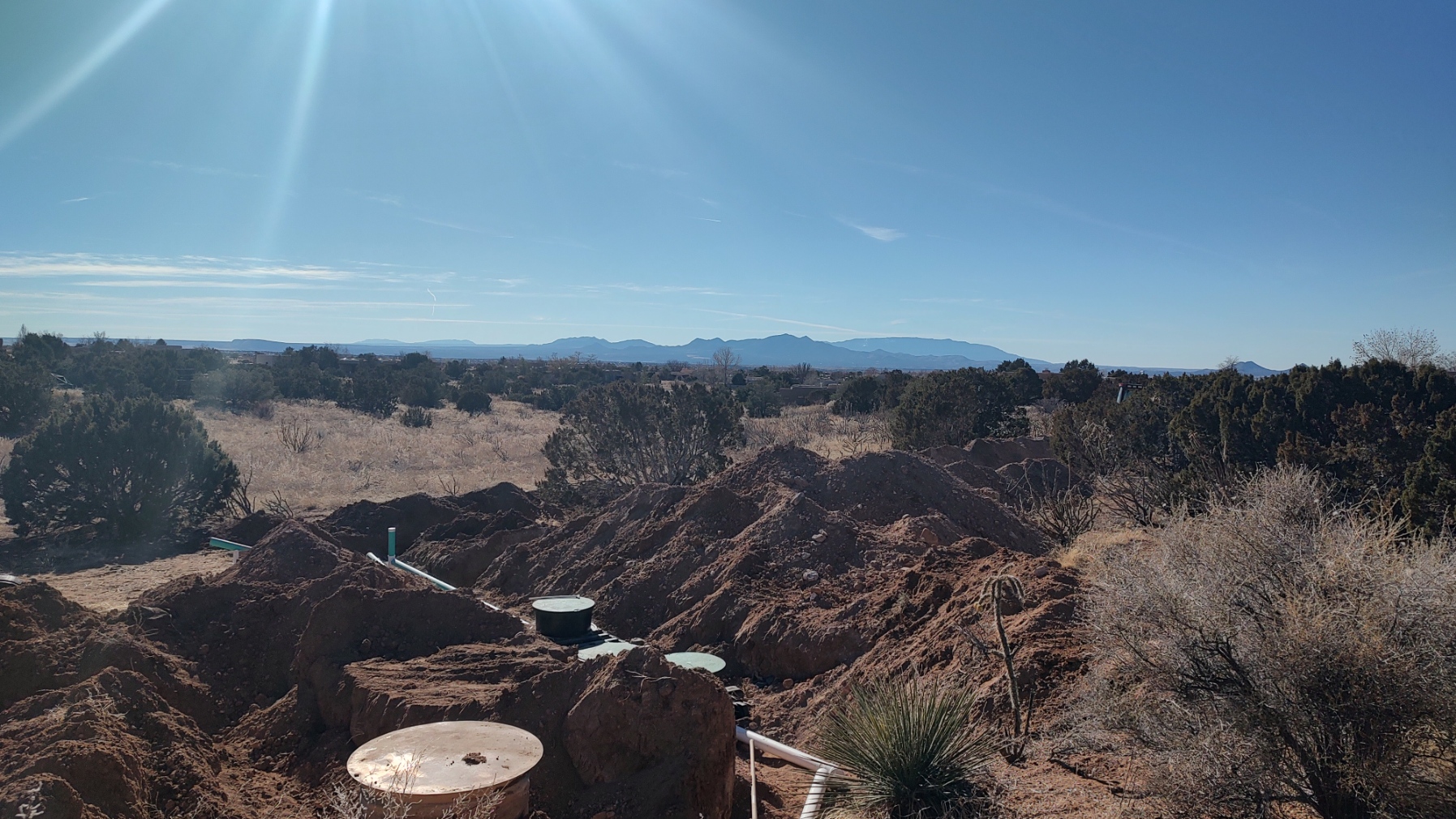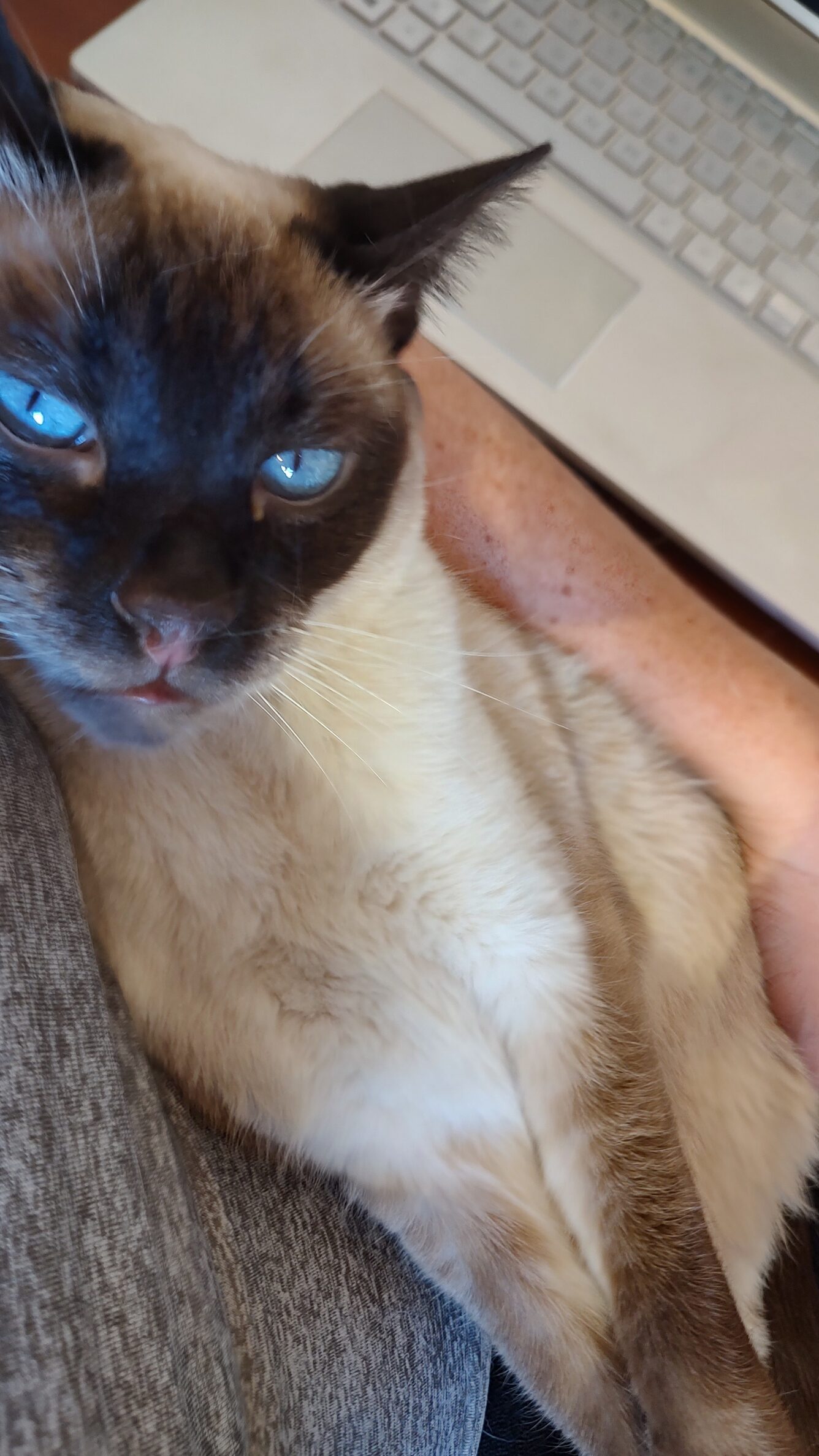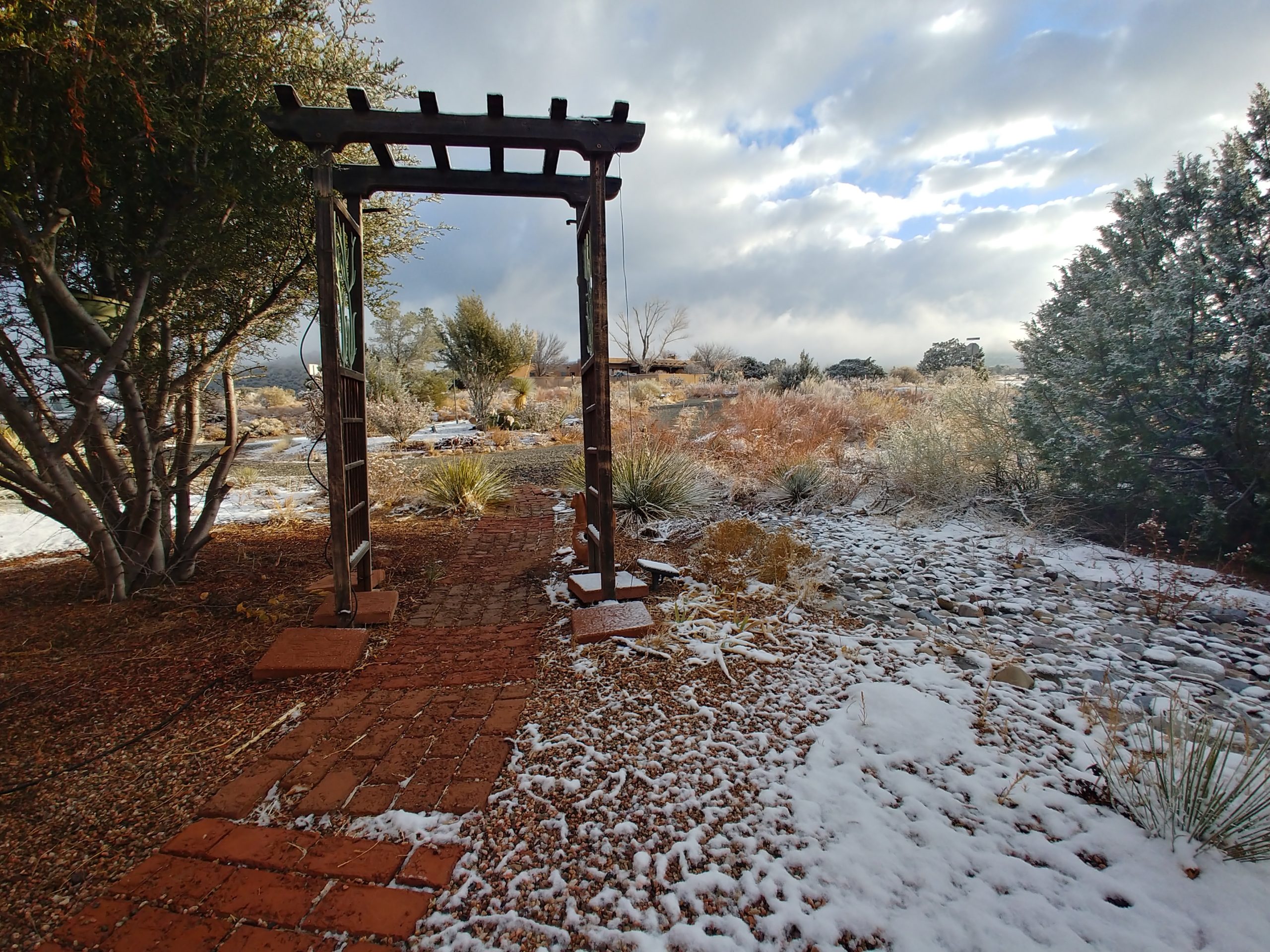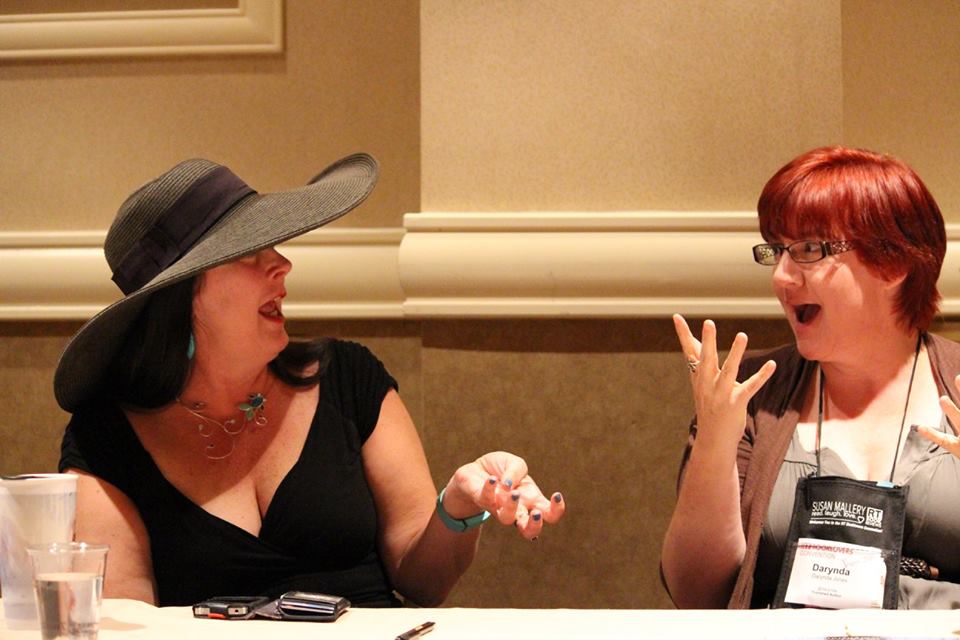Thoughts on feeling traumatized that it’s January 6th and what I’ve discovered about how art can help give us perspective. Also, a truly ASTONISHING discovery that has moved my productivity to a whole new level!

RITA ® Award-Winning Author of Fantasy Romance

Thoughts on feeling traumatized that it’s January 6th and what I’ve discovered about how art can help give us perspective. Also, a truly ASTONISHING discovery that has moved my productivity to a whole new level!


Understanding what I need regarding taking time off – or NOT! – and how important it is for us to collect data on our own process. Also, the inevitability of losing friendships as we build our careers and businesses.


The TWISTED MAGIC audiobook is live! Also sharing a call for authors influenced by Tanith Lee. And why I think classes teaching “plotting for pantsers” are damaging to intuitive writers, and other thoughts on process.








Earlier this summer, I was chatting with my good friend, author Darynda Jones. Okay—I was hitting her up to help me with some plot brainstorming, because she’s so much better at pre-plotting than I am. Once we solved my plot problem, she mentioned her chronic lack of productivity. As often plagued her, she found herself months behind deadline—on multiple projects—and feeling that panicked exhaustion of never being able to dig herself out of that hole. Like I admire her ability to pre-plot, she wishes she had my ability to be consistently productive with wordcount so I always meet my deadlines.
“If I could just look up and see someone else writing and holding me accountable, I think I’d do so much better,” she said. Because she’s my friend, I told her that I could do that for her.
To be honest, I wasn’t sure how well it would work, but I thought if I could help her at least get through finishing the most-pressing, truly awfully late book, that would be something. So, she switched to my writing schedule. We got on Zoom in the mornings, chatted briefly about goals, then each wrote on mute with our windows minimized. We took short breaks between, and worked for three or four hour-long sessions. After I got my 3,000 words for the day (my sustainable daily wordcount), she kept writing while I worked on other business and timed her.
We discovered a number of interesting things.
Three months later, meeting with her has become a key part of my writing day.
My husband, overhearing our Zoom meetings and Darynda’s enthusiasm for how well this was working, said it reminded him of a technique he’d learned as a young athlete to improve his performance—one that world-class runners use to increase their running time. He would find other excellent runners to set a pace for him. At first it was difficult for him to keep up with the pace, but before long he found himself running faster than he’d imagined possible.
Now, I am no athlete! But I can see that this is a perfect analogy. You can spend time alone trying to increase your writing productivity—and you may have some slight success—but what could increase your productivity the most in the shortest amount of time is to find a productive writer that knows how to set the pace for you.
It turns out I have the skills to draw that productivity out of you. I know how to challenge you in a way that creates a sense of playful participation. I can help you discover what your sustainable daily productivity looks like. Like Darynda, you will soon find yourself writing more smoothly and naturally, and effortlessly. It really can be fun again!
So, because this worked so well with Darynda, I’m going to offer this as a supplement to my other author-coaching services.
Actually, I’m offering two new things—which can be combined or not, according to your needs.
Because that’s the pivotal consideration here: what do YOU need in order to move forward in your writing career? Writing productivity is one thing, but we all know there’s more to being an author than just laying down words. (Alas for that, but so it goes!)
What I’m hearing from a lot of writers is they want a long-term community or partnership—and they want help with productivity. Let’s face it—2020 has been a vicious year for both keeping our chins up and putting words on the page.
So, here are my solutions.
I’m offering to set you up with a mastermind group of like-minded writers. I’ll match you up based on creative mindsets and processes, ambitions, needs, and outlooks. I’ll teach you how to function as a mastermind together, to make something bigger than your individual selves in order to move everyone forward. I’ll personally lead the group at the beginning, then—once you’ve all decided how you want to run your own group the way you all want it—I’ll visit with periodic check-ins to make sure the group is staying on track. We want this to be a positive part of everyone’s lives and creative careers.
As a step further, I’ll set up co-writing sessions. This can be with your mastermind group, or with a different group—or with a single partner, like I’m doing with Darynda. I’ll get you started and set the pace. Once you have a good rhythm, I’ll check in periodically with you.
The small-group mastermind will cost $200/month. If it’s not working for you, you can drop out any time. Or I can set you up with a new group if you prefer. Paying this amount each month is part of the incentive. You’ll value your participation in the group that much more if you’re having to budget for it.
You can also sign up to be matched with a co-writing partner or group (according to your preference) for $200/month. I’ll work with you and check in frequently to see how you’re doing. Again, you can drop out or be re-matched if it’s not working for you.
If you’d like to do both, you can do that for $300/month.
How can you get started? Email me via the contact form and we’ll set up an interview. We can do that via video or voice call—or another medium if you’re not comfortable with those. How you prefer to interact with people is part of how you’ll be matched up. We’ll discuss what you’re looking for, what you hope to overcome, where you are in your writing career and where you hope to be. You can ask me questions and so forth. For this initial conversation, I’ll charge $50.
If you decide the program isn’t for you, I’ll refund your money. If you decide to go ahead, the $50 will go to your first month. If I think you’re just looking for free advice, I’m keeping the $50 ?
You’re also welcome to ask questions in the comments, but all answers will be posted to an FAQ, with personal information redacted.


I mentioned on my podcast – First Cup of Coffee with Jeffe Kennedy – just about two weeks ago, that I’d read this very interesting article on how starting the day by looking at the internet changes how your brain functions. The author specifies going for three hours before looking at the internet, which I realize not everyone can do. Many people start their jobs within three hours of waking up and those jobs may specifically require checking email or company social media.
But for many of us… do we HAVE to look at those things within three hours of waking?
And I’m not saying it has to be like this author frames it. Not everyone has the luxury of spending the first three hours of the day meditating, quietly reading, or journaling. Sure, it sounds lovely in theory, but most of us don’t lead monastic lives. I don’t think it’s necessary anyway.
If a person, say, wakes up at 6 am, does the grooming/hygiene thing, maybe eats breakfast or has a hot beverage, could be getting other people ready for their days, perhaps some exercise, likely a commute to the job, then settling in – that’s usually about two hours, right? I mean, I know more than once in college I woke up at 7:30 and still made it to an 8 am class, but college students are not famed for their grooming, nutrition, or good planning. For someone a bit less subject to chaos and late nights than a college student, it seems that arranging a morning to allow for three hours before checking email and social media is entirely a possibility.
It would mean not checking email on the phone while sitting on the subway, and ignoring Twitter until later in the day. It means Facebook instant messages go unanswered for *gasp* maybe a whole twelve hours!! (Seriously – it pisses me off that Facebook tries to shame me by displaying how long it takes me to reply to messages on my author page, encouraging me to respond faster to earn some fucking badge like I care for their rewards. *ahem*) I’m not saying it’s easy to break this habit, especially when these internet companies are hugely invested in training us to look All The Time. I’ve turned off all of my notifications on my phone, and I can’t tell you how often they prompt, then try to command and trick me, to turn them back on. If they want that so badly, we have to know it’s not for OUR benefit.
I’ve been thinking a lot about the Time Before the Internet (TBI) and how different the flow of my attention was. And let me be clear: I love what the internet has brought to my life and to the world. Through social media and online groups, I have made many, many lasting friendships, kindred spirits I very likely would never have encountered otherwise. That’s a *huge* thing. As is the flow of information and sharing of important events. But, I’m not a fan of the way I’ve arranged my schedule, thinking, and life to accommodate the internet’s demands for attention.
One thing about the TBI, which closely predated cell phones (at least affordable ones normal people could actually carry around), was that no one expected us to be instantly available. I remember when email became widely used and my older boss commented that it used to be you’d send out a paper and could count on a week or two of it being off your plate before comments arrived in the mail. With email, that buffer time shortened to a day or two – or less. Now we have Facebook exhorting businesses to reply within an hour – or less. In some ways this decreased latency has helped productivity, but I can also see how it forces me into a responsive mode. If I let it, the internet could have me in a constant battle to respond to messages and notifications.
In that state, when I do produce work of my own?
So, I’ve been trying this. I wake up between 5 and 6 am, do the hygiene thing, feed the cats, exercise (which means some reading), record my podcast or write a blog post, and then I go straight to writing. This means I can’t post the podcast or blog to social media until later in the day, but oh well. Does it really matter what time those things post? I don’t think so.
The result has been astonishing. I’ve been getting my 3,000 words done before noon most days. Then, when I’m done and switch over to business, I get through email much more efficiently than before. I go from one task to the next: post my stuff, answer emails, reply to Facebook messages, reply to tweets. Work on other business.
People: I can feel the difference in my brain. My concentration is vastly improved. The book is flowing well. And when I do face the business tasks, those much-dreaded tasks that tend to slide down my To-Do List are actually getting done.
Highly recommend trying this, however you can make it work. No monastic existence necessary
.

